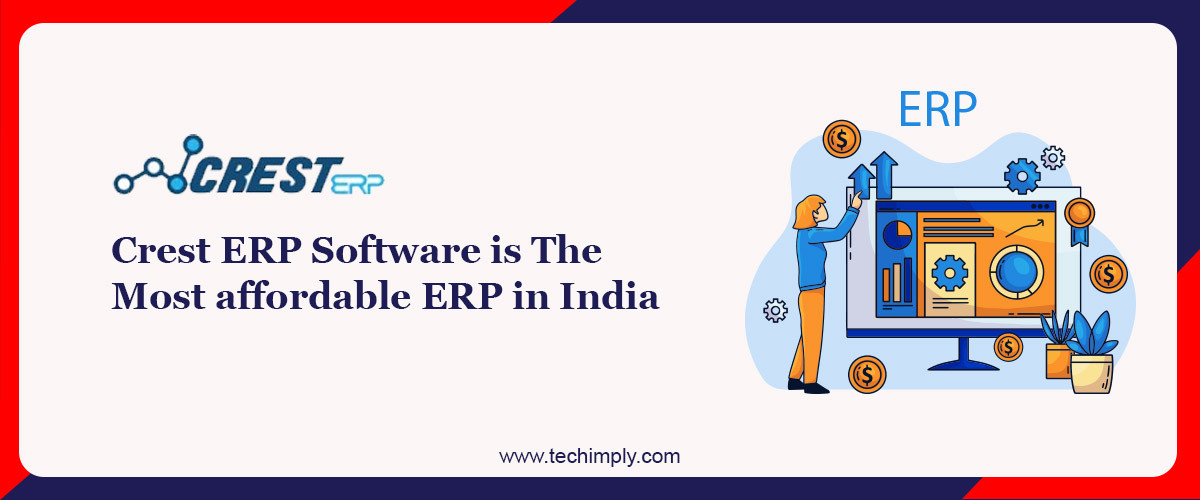Early on, you can't ignore your startup's financial well-being. Your company's financial health is directly related to its success.
Learn about your company's finances and make financial estimates so that you can plan for both good and bad times in the future.
Whenever you need money to build your business, banks, alternative lenders, & peer-to-peer lending institutions are all options you can consider.
Entrepreneurs who are starting a new business and would like to learn how to keep their financial health in check should read this article.
When starting a new business, it's easy to put off worrying about the financial details. However, putting off personal finance is a bad habit that many entrepreneurs fall into.
A fresh firm might be weighed down by the demands of growth and profitability. There are a few things you should bear in mind, no issue how knowledgeable you are with cash flow. The following are seven actions you should take to successfully manage the financial health of the startup.
1. Get a business bank account.
- Getting the startup's finances under control begins with opening a business bank account. The business bank account is beneficial for these purposes: If you create a savings account, cash handling account, or checking account, it's a good idea.
- It helps you get ready for tax time. You'll find it easier to submit taxes if you maintain your company and personal costs segregated. If you don't do this, you may have a difficult time separating your personal and business costs when it comes time to file your taxes. You may miss out on tax deductions, or you may end up with a logistical nightmare.
- It is a form of legal defense. You may have some protection from being personally liable if your company has a business bank account. You can safeguard your financial property by establishing a business bank account, for instance, in the event that your firm is sued.
- As a result, you project a more polished image to others. Clients can pay your company directly through a corporate bank account rather than directly to your personal bank account. Using accounting software for small business can provide credibility to your endeavor.
2. Get your financial literacy.
- Investing the time and effort to learn about and manage accounting software for your company's finances will save you both time & money in the long run. Let go of your embarrassment when you don't know anything.
3. Manage your money supply
- The movement of money in or out of the business is referred to as cash flow. A positive cash flow is achieved when your income exceeds your expenses. It's imperative that you keep an eye on your company's cash flow, as 61 percent of small businesses worldwide are experiencing difficulties. Avoiding negative cash flow can be done in a number of ways.
Use the invoice template pdf and make sure to get your invoices out as soon as you can.
Maintain a close eye on your debts and savings accounts.
-
Until you need it, take out a loan.
-
Look for areas where you may minimise costs in your company's operations.
-
To save money, you should adjust the inventory.
4. Determine the commercial and financial logistics of your firm
Once you've mastered the basics of corporate finance, you'll be ready to tackle the tough questions that are unique to your company.
-
Can You Start this Business with the Money You Already have?
-
How long will it take for my service or product to make money?
-
These questions have no good solution. In the beginning, you should focus on a specific area of interest.
These more specific questions will be easier to answer if you have a better understanding of your market. It is considerably easier to launch a service-based firm than a product-based one. Avoiding overspending is critical in any market.
Entrepreneurs, according to financial advisors, "spend so much money in the initial phase." It makes sense that if you spend more money acquiring customers, you'll acquire more of them. There are times when this isn't the case, however. To put it another way, profit comes from that.
5. Get financial forecasts for increasing profitability.
- Your future profitability is dependent on a wide range of circumstances, much like the amount of capital you'll need to get your firm off the ground.
- "A firm can take its time being profitable for as long as you have the working capital to sustain it," financial advisors remarked. But he emphasised that most small firms need to make money in their first year in order to be viable.
- Using cash flow forecast – a management solution that anticipates profitability depending on your historical and current financial conditions – you should be able to anticipate when you'll be cash-positive.
- A common advice financial advisors give to clients is to remember that revenue & cash flow are not the same thing. If you aren't making money, it doesn't matter how great you seem from a sales perspective.

.png)




